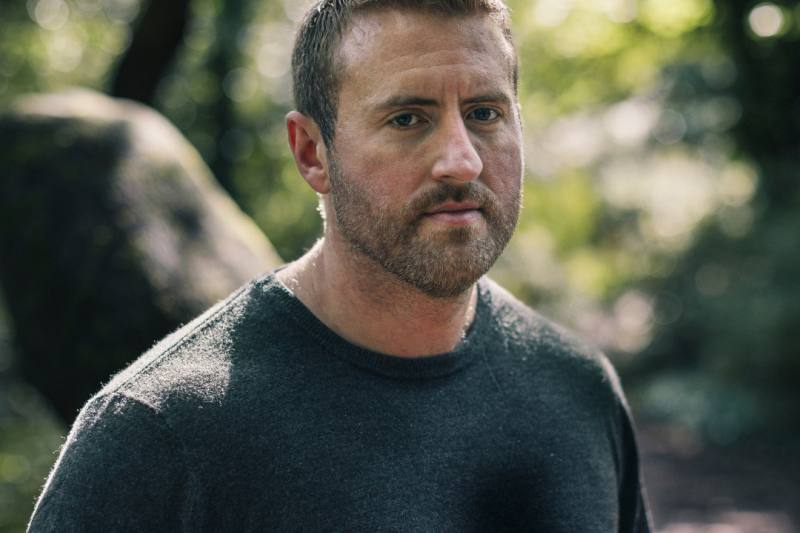Take the lead:
If you know someone has been unwell, don’t be afraid to ask how they are.
Avoid clichés:
Phrases like ‘Cheer up’, ‘I’m sure it’ll pass,’ ‘Pull yourself together’ definitely won’t help the conversation! Being open minded, non-judgemental and listening will.
Ask how you can help
People will want support at different times in different ways, so ask how you can help.
Don’t avoid the issue
If someone comes to you to talk, don’t brush it off because this can be a hard step to take. Acknowledge their illness and let them know that you’re there for them.
Stay in touch
Actions are important too, so stay in touch with a text, email or postcard and let someone know you are thinking about them.
“It is only by openly discussing it, without blame, that the stigma surrounding mental health can be erased. Thus allowing people to seek help for the problems and stress while it is still manageable, rather than waiting until it overwhelms them.” Fiona, Time to Change Wales Champion

You can download our talking tips card or our myths and facts page will give you lots of useful information. You can also read about people's experiences on our blog page.
If you have started a conversation about mental health let us know how it went on Facebook or Twitter.




